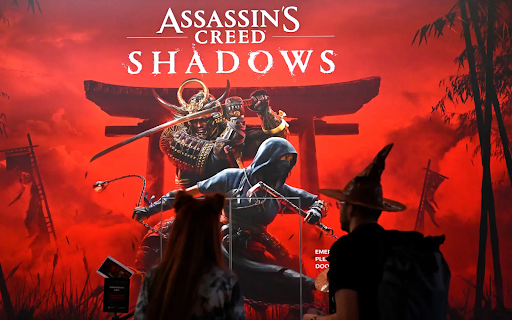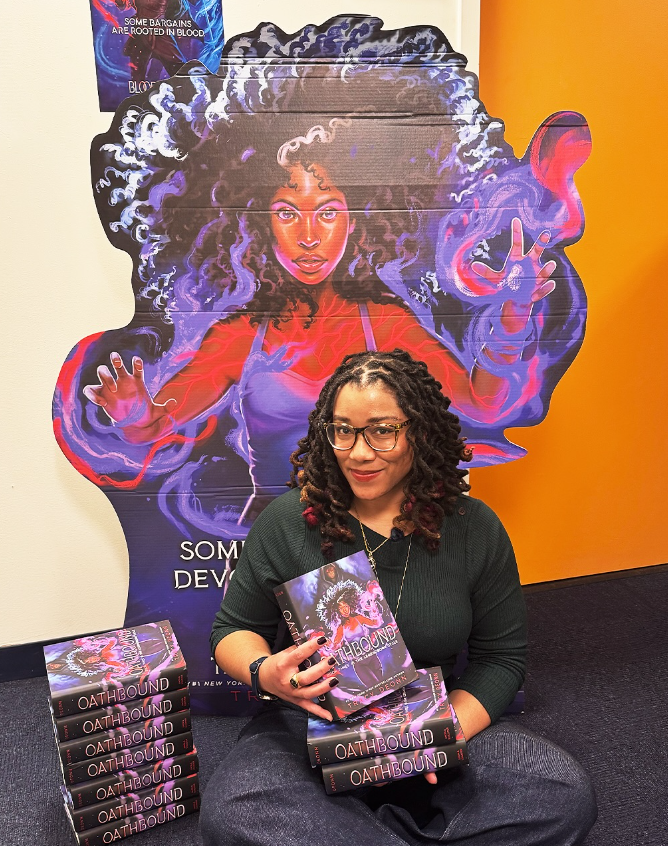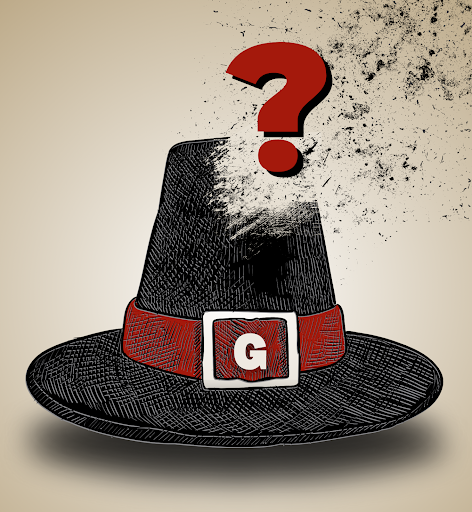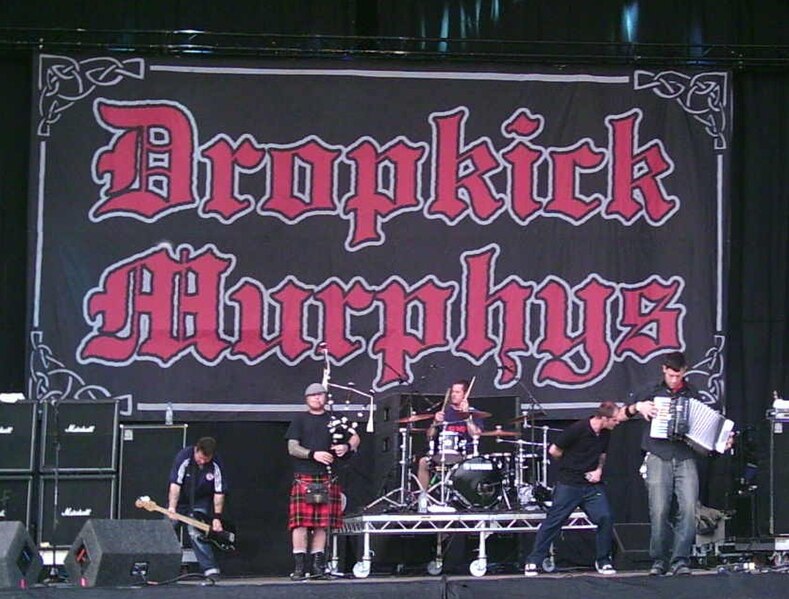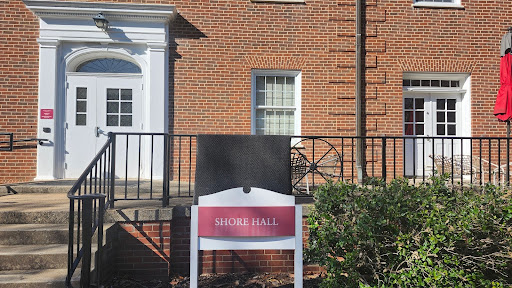Over the summer, Director of Campus Ministry Max Carter and his wife, Jane, led a work trip to Israel and Palestine for the fifteenth time since 1976. Grounded in the Quaker testimony of peace, this trip provides an educational opportunity for American students, and citizens in general, to witness and learn about the situation in Israel and Palestine. In the summer of 2011, I participated in Max Carter’s 17-day work camp and was so inspired to spend 11 weeks of this past summer in Bethlehem, Palestine, interning at the Wi’am Conflict Resolution Center.
The typical Holy Land tours are tailored to Americans and provide an incredible glimpse of ancient stones and religious sites, while overlooking the people and politics. Every day, tour buses bring visitors to wear out the stones of such places as the Church of the Nativity and the Milk Grotto. Most of these international visitors give only a cursory glance to the people of Bethlehem, mark them as street vendors and tourist hawks and leave.
Max and Jane, through their relationship with the Ramallah Friends School, successfully avoid the typical tour experience and focus on the “living stones” of the Holy Land: the incredible people who live there and struggle every day to make ends meet and to find some measure of peace.
“The quiet power of nonviolent resistance is felt in the spirit of so many people there, and you can feel it when you talk to them about their experiences with injustice,” said Sarah Barnett, ’12.
The trip focuses first on volunteer work, and participants find themselves working hard at tasks such as painting playgrounds at the Friends Schools or giving the Ramallah Quaker Meetinghouse a thorough cleaning. The rest of the time is dedicated to learning. The group meets with notable political and social leaders nearly every day.
On one day we met for an hour with Dr. Hanan Ashrawi, a leading female politician in the Palestinian Authority. Immediately afterward, we jumped in a taxi to ride across town to the headquarters of the Palestinian Medical Relief Society, where the director and former presidential runner-up Dr. Mustafa Barghouti spoke with us for another hour.
Most evenings the group dines with various Palestinian families to whom Max and Jane have grown close, some of whom have children who are Guilford graduates.
Spirituality and faith are also important subjects of exploration. Each morning the group wakes up and breakfasts together, while Max reads a verse from the Bible, selected for its relevance to the day’s activities. It was always inspiring to hear these verses before seeing the places they described, especially the Mount of Beatitudes where Jesus delivered the famed Sermon on the Mount. The group tours the Old City of Jerusalem each year and visits the Western Wall and Temple Mount, subject to the availability of these sacred spaces.
While Max and Jane are no strangers to the danger and conflict that most people think of when Israel and Palestine come up in conversation — on one trip during the Second Intifada, Max and Jane’s tour guide from the Christian Peacemaker Team was chastised by an Israeli army captain that it was “neither the time nor the place for peacemaking!” — the trip they lead is safe. The majority of Palestinian society has long embraced nonviolence as the only viable strategy in working towards peace. Participants meet activists on both sides of the Green Line and hear from Israelis as well as Palestinians about their perspective on the situation.
After all these years, Max shares this powerful insight about how his experience in Israel and Palestine affected his perception and understanding of other cultures. “Even in the worst of situations, people find a way to live, raise their families, try to create a future for their children, and find innovative ways to address impossible situations,” said Carter.
[photomosaic nggid=24]

